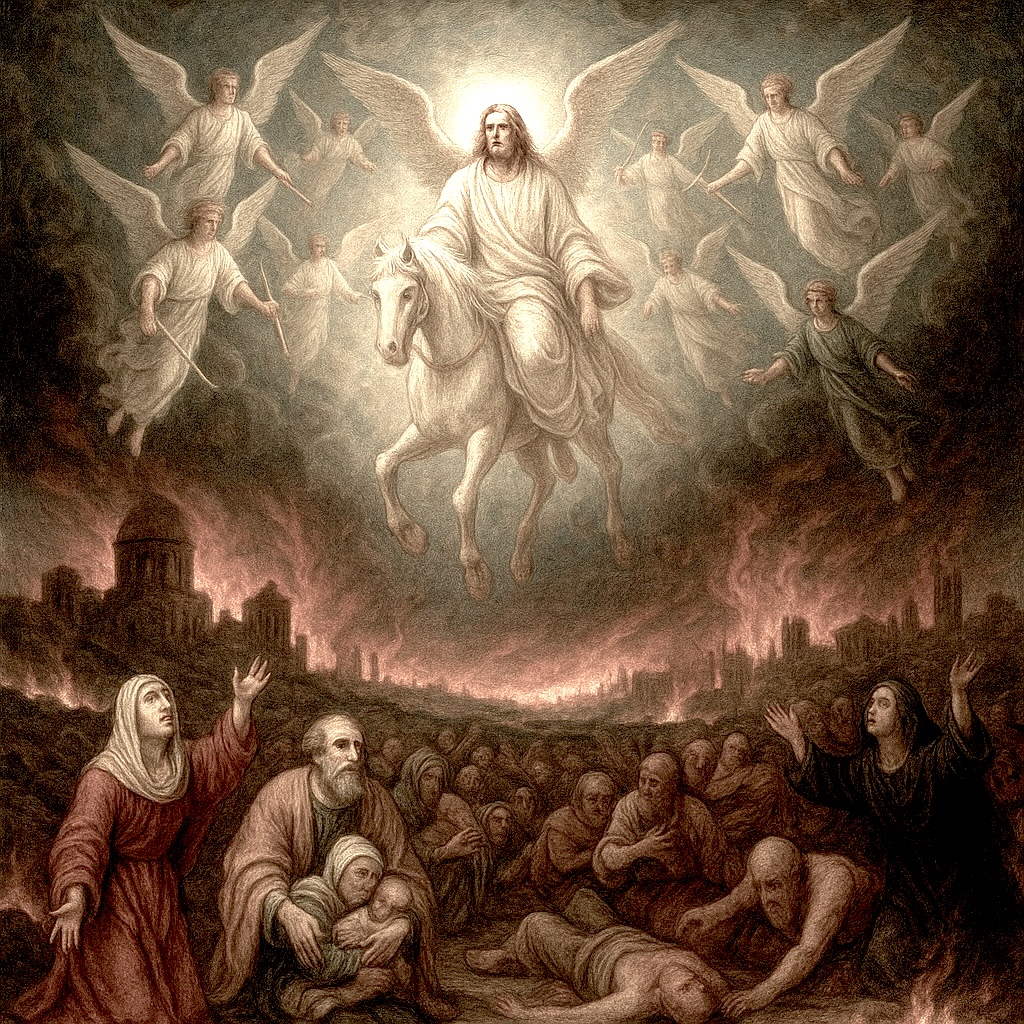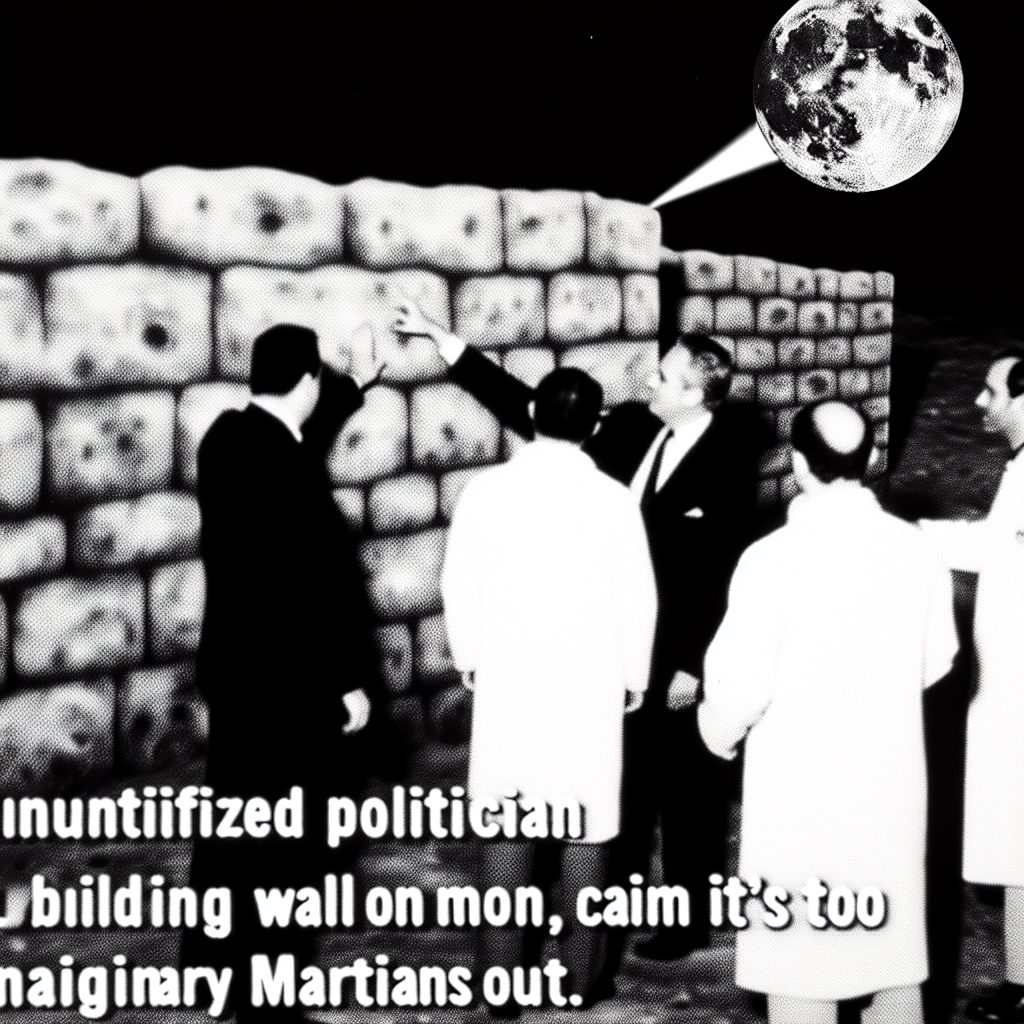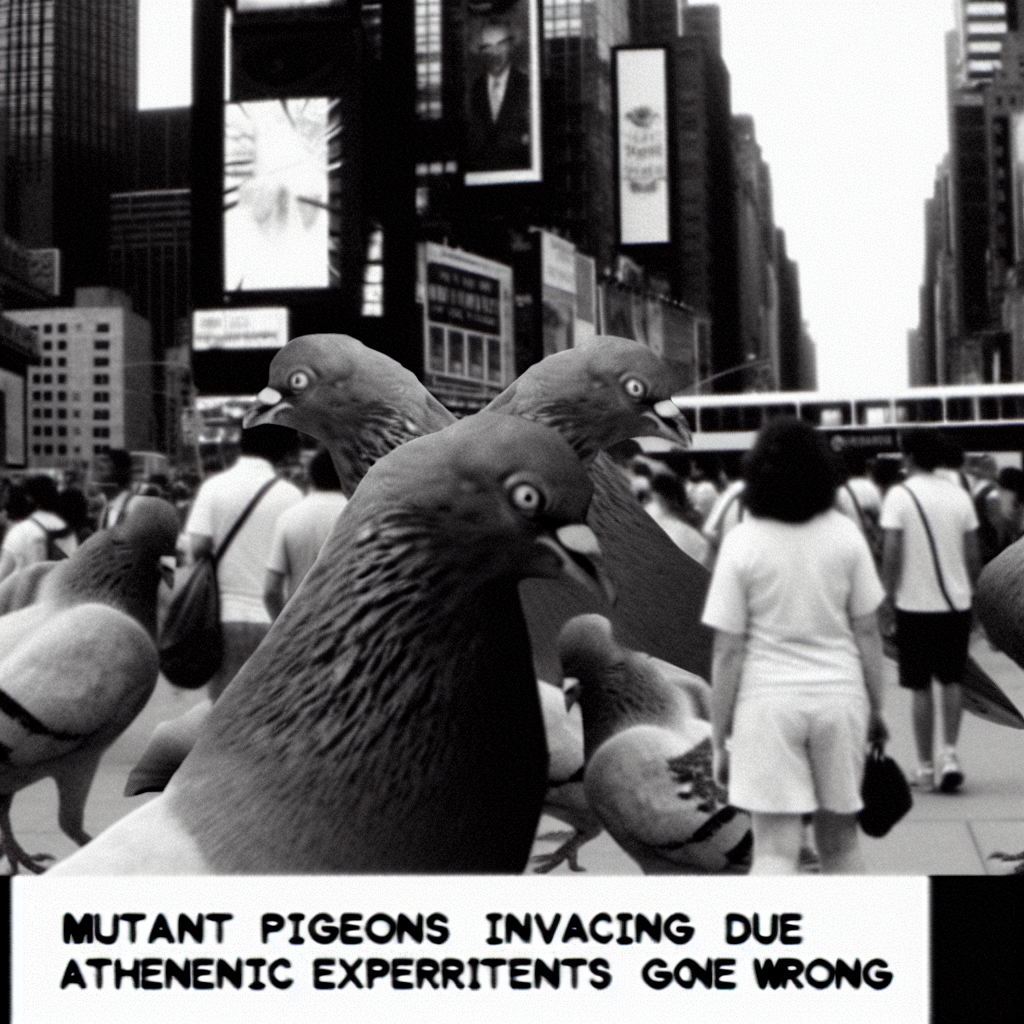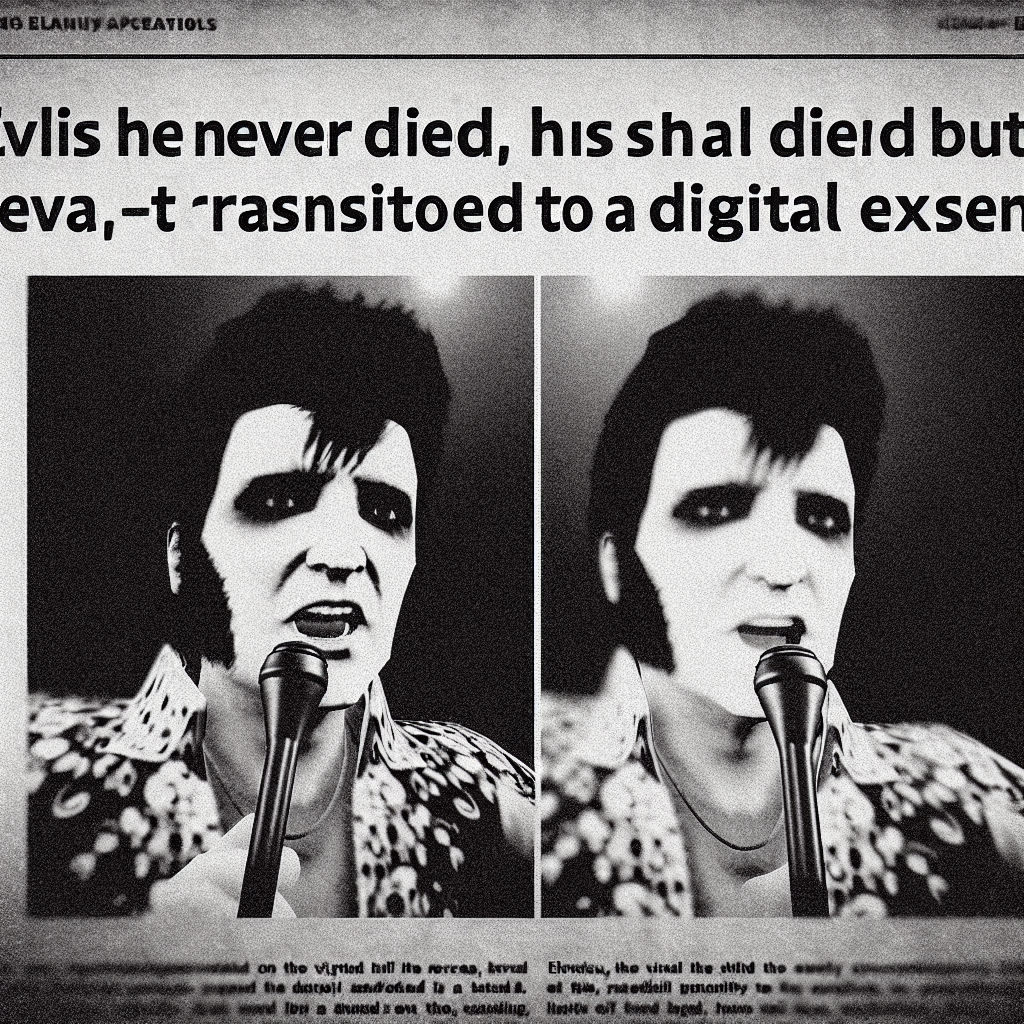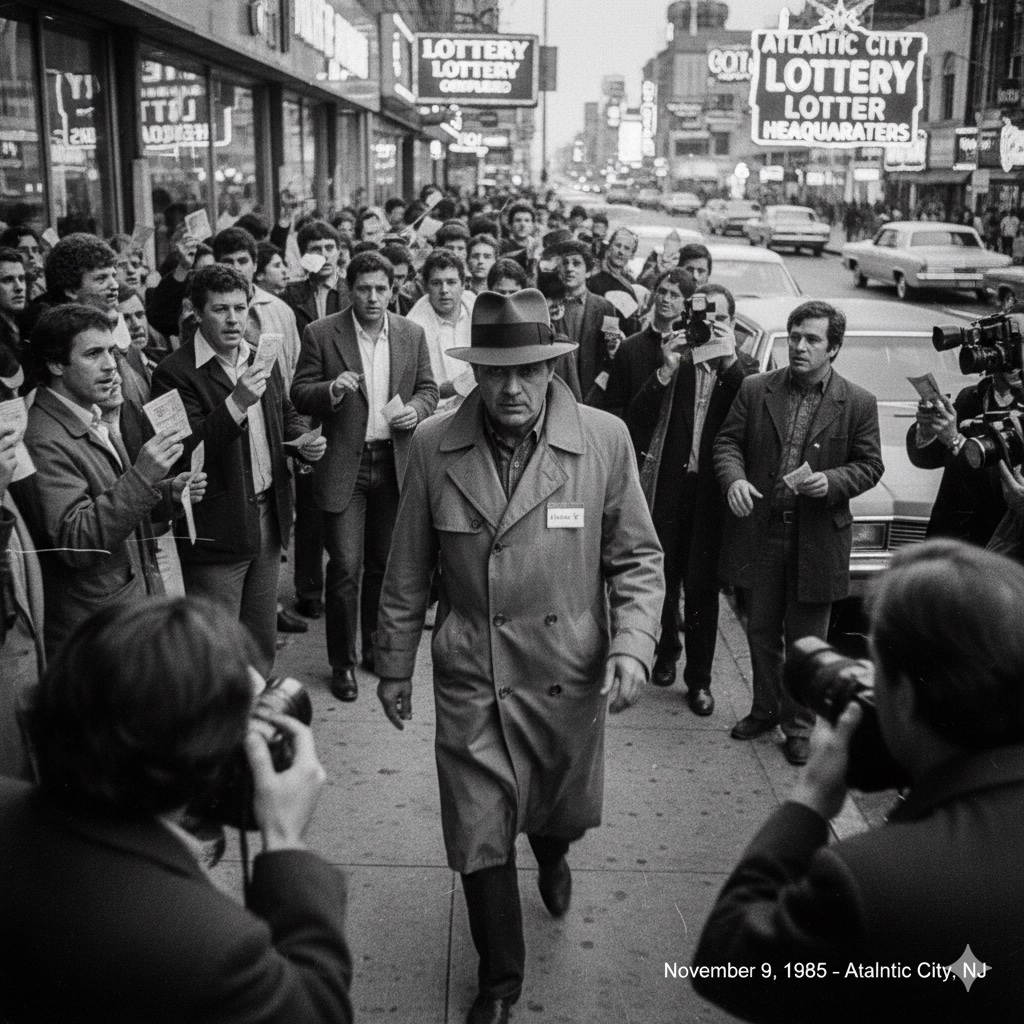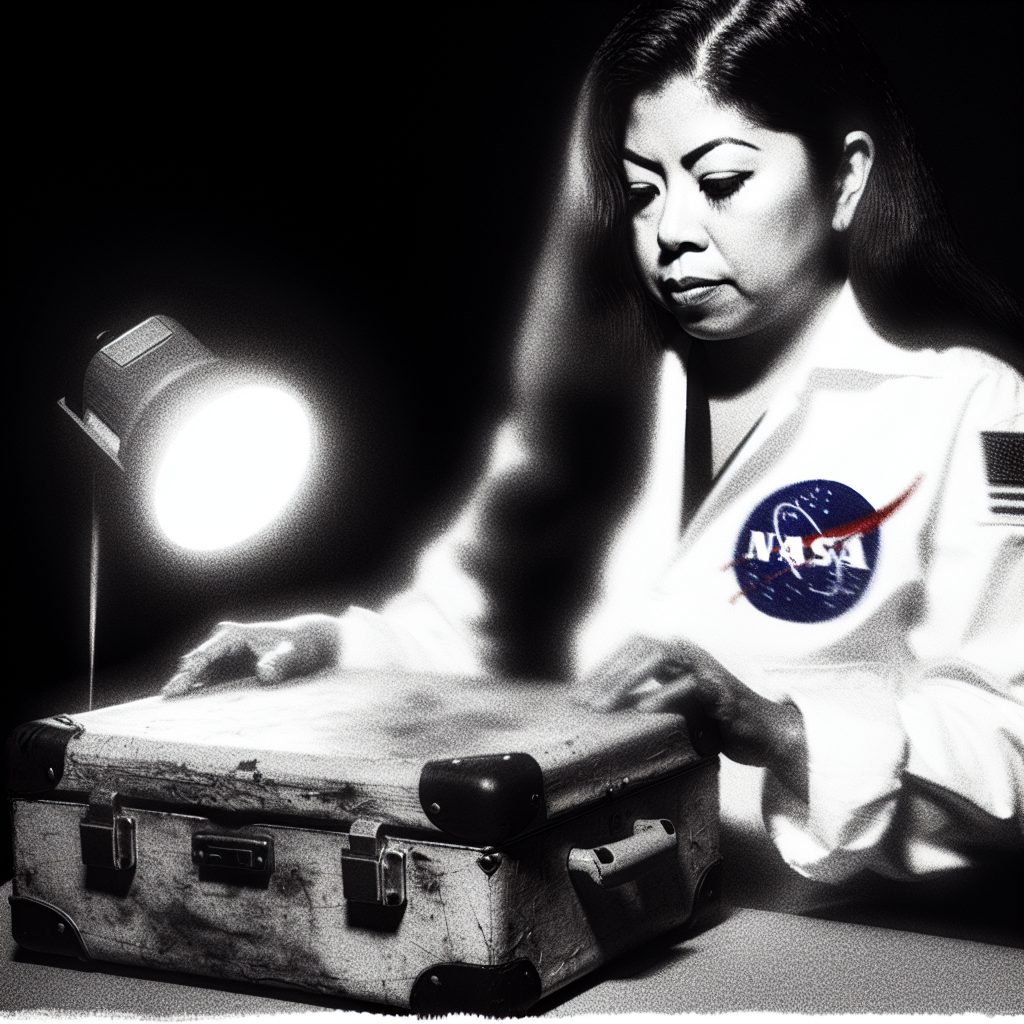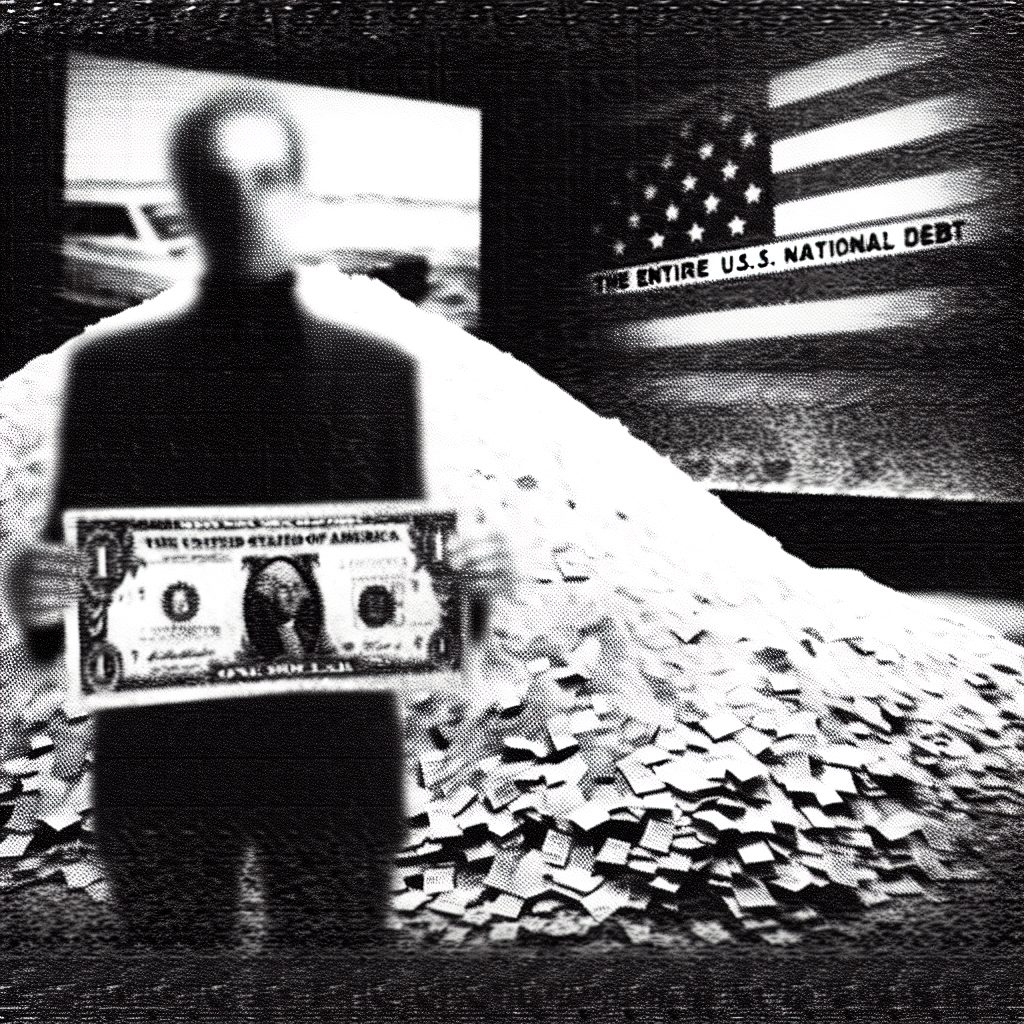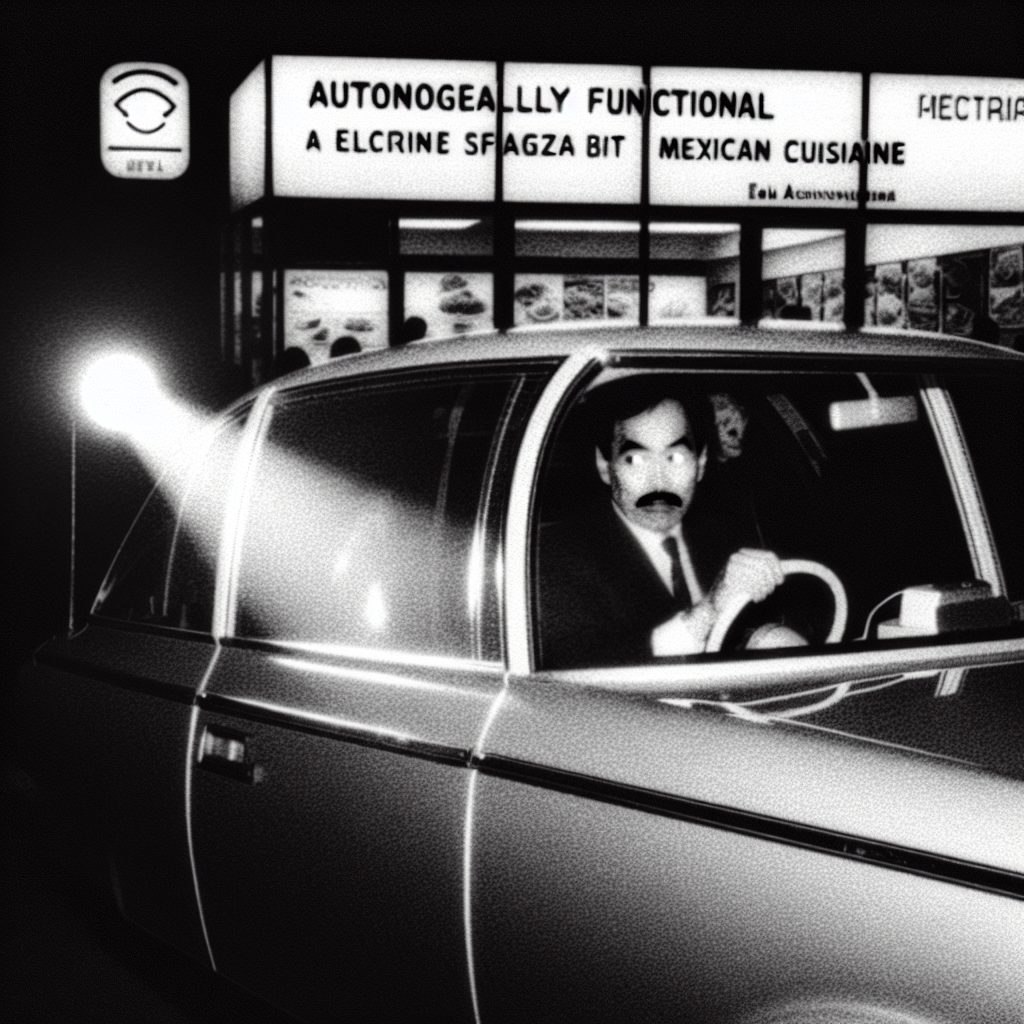Time traveler ruins lottery for everyone
Wins 24 times, now under investigation
ATLANTIC CITY, NJ – A mysterious figure known only as “Marcus T.” has sent shockwaves through the gambling industry after winning an unprecedented 24 lottery jackpots across seven states in just eight months, prompting federal investigators to launch what sources describe as the most unusual case in lottery commission history.
The investigation began when data analysts at the Multi-State Lottery Association noticed an impossible pattern emerging from their computers. Marcus T., whose full identity remains sealed by court order, had not only won multiple major jackpots but had done so with an accuracy rate that defied every known law of probability.
“In thirty years of running lottery systems, I’ve never seen anything like this,” said Dr. Patricia Vance, former director of the National Lottery Security Division. “The mathematical odds of winning just two major jackpots in a lifetime are 1 in 292 million squared. Twenty-four wins? We’re talking about odds so astronomical that they exceed the number of atoms in the observable universe.”
What makes the case even more bizarre are the eyewitness accounts from lottery retailers across the country. Security footage shows Marcus T. approaching ticket machines with what appears to be a small, glowing device that he consults before making his selections.
“The guy was definitely not from around here, if you know what I mean,” said Jenny Martinez, a convenience store clerk in Bakersfield, California, who sold Marcus T. his seventh winning ticket. “He had this weird way of talking, like he was from a different time or something. He kept mentioning dates that hadn’t happened yet and asking about presidents I’d never heard of. Plus, that gadget he carried looked like nothing I’ve ever seen – all chrome and blue lights, humming like a tuning fork.”
The investigation intensified when lottery officials discovered that Marcus T. had been placing bets on future drawing dates that hadn’t even been scheduled yet. In one documented case in Nevada, he attempted to purchase tickets for a “Super Mega Millions” drawing – a lottery format that doesn’t currently exist but bears striking similarities to a pilot program the commission had been secretly developing.
Federal agents raided Marcus T.’s hotel room in Las Vegas last month, discovering what witnesses describe as “technology from another era.” Sources within the investigation, speaking on condition of anonymity, report finding devices that appeared to be sophisticated quantum computers capable of calculating probability matrices decades into the future.
“The equipment we confiscated doesn’t match anything in our current technological databases,” revealed a high-ranking Department of Homeland Security official who requested anonymity due to the sensitive nature of the investigation. “Our tech specialists are baffled. Some of the components appear to be made from materials that don’t exist yet, incorporating elements from the far end of the periodic table that we’ve only theorized about.”
The ripple effects of Marcus T.’s unprecedented winning streak have been devastating for the lottery industry. Ticket sales have plummeted by 67% nationwide as players lose faith in the randomness of drawings. Three state lottery programs have suspended operations pending the investigation’s outcome, and lawmakers in twelve states are calling for complete overhauls of gambling regulations.
Perhaps most disturbing are the reports from quantum physicists who claim to have detected unusual temporal anomalies at locations where Marcus T. purchased his winning tickets. Dr. Elena Kowalski, a temporal mechanics researcher at MIT, has been monitoring electromagnetic disturbances that coincide exactly with his lottery purchases.
The case took an even stranger turn when investigators discovered that Marcus T. had been leaving cryptic warnings about future catastrophic events. Hidden within his lottery number selections were mathematical codes that, when decoded, revealed accurate predictions about natural disasters, stock market crashes, and political upheavals that occurred weeks after his ticket purchases.
As the investigation continues, Marcus T. remains in federal custody at an undisclosed location. His legal team argues that no laws technically prohibit time travel-assisted gambling, creating an unprecedented challenge for prosecutors who must prove crimes involving technologies that officially don’t exist.
The characters and events depicted in this story are entirely fictitious. Any similarity to real persons, living or dead, or to actual events is unintentional and purely coincidental.


